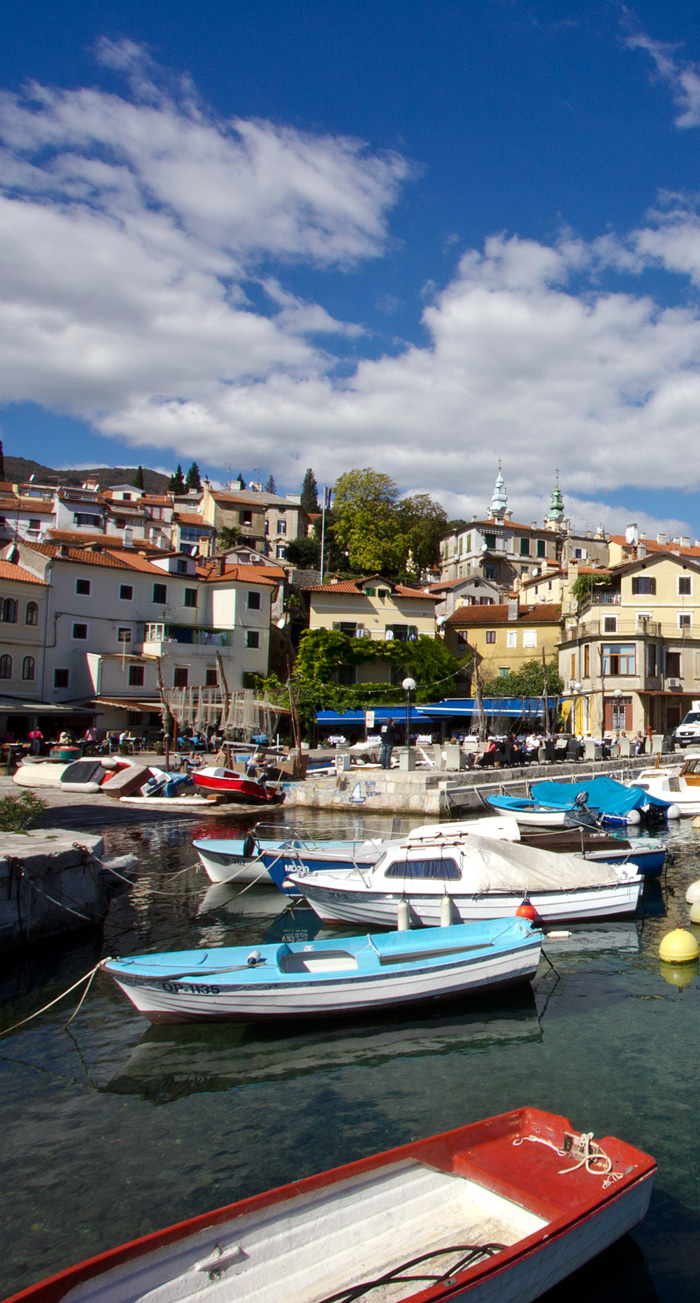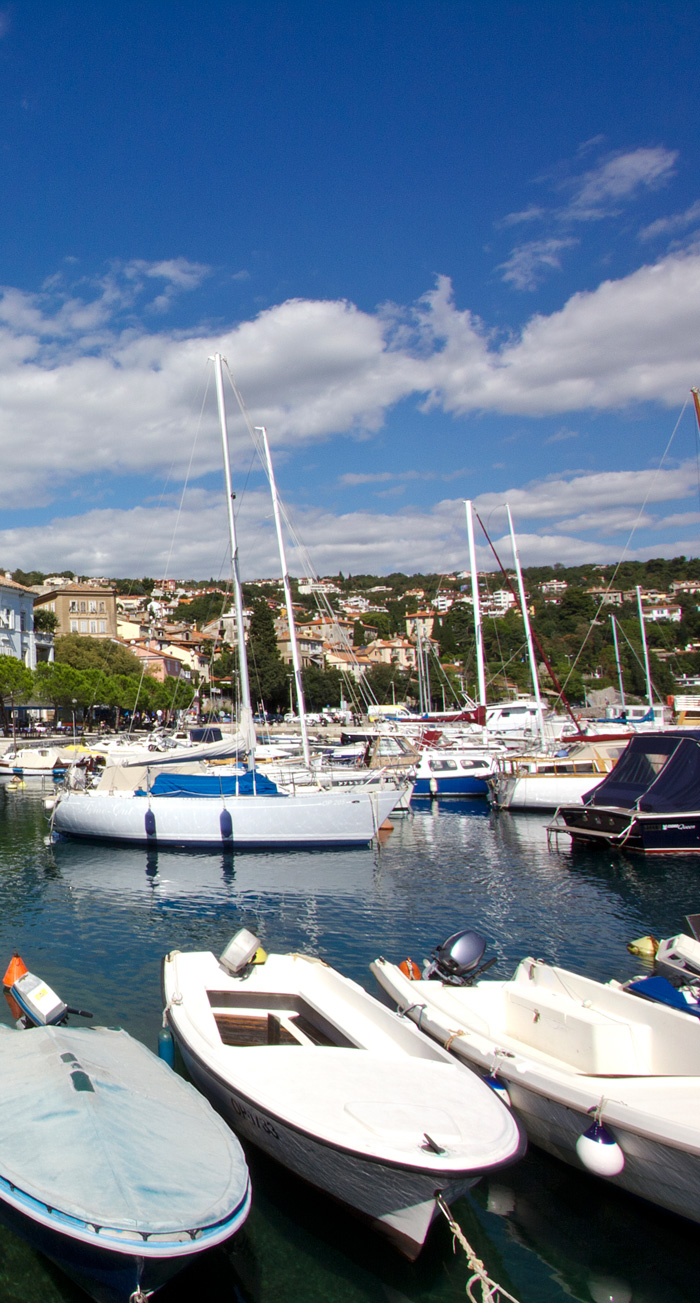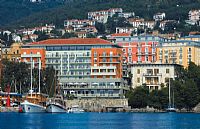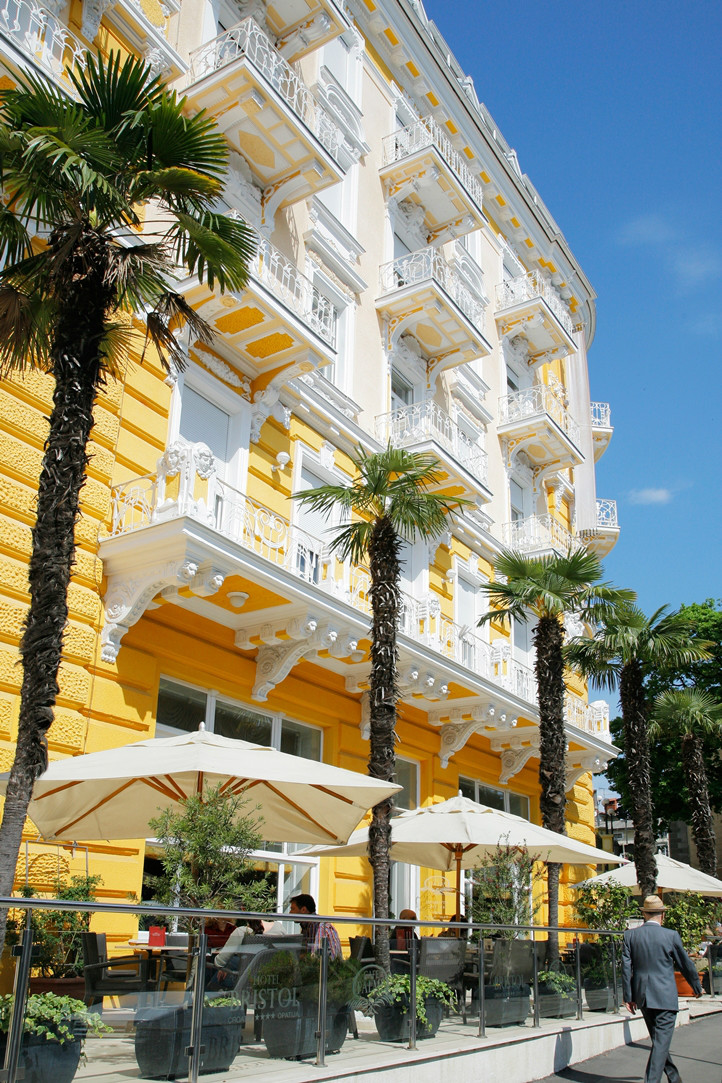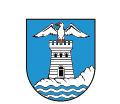

The Croatian Museum of Tourism
The Croatian Museum of Tourism is a specialized national institution that gathers, keeps, researches and presents material and non-material tourist heritage.
The museum’s primary activity is gathering materials which illustrate the rich history of tourism in Croatia. These materials are an important heritage and a resource of self-identity, but also a source of tourist content. This material has not been previously systematically gathered and analyzed, and was only of passing interest to certain cultural institutions and private collections. The guiding thought in the founding of the museum was the fact that these materials can be a tourist attraction, as well as an important part of national history, especially today when tourism is considered the principal economic orientation of Croatia and deserves to be systematically analyzed form a historical stand-point.
One of the museums primary tasks is gathering information about all the relevant sources and potential museum exhibits significant for the history of Croatian tourism. The goal is to create a network of associates throughout Croatia who will gather this information using modern information technologies. Aside from materials connecter to the history of Croatian tourism, the museum also gathers copies of the most significant documents, photographs and films which are exceptionally rare or unique, in order to record the most seminal buildings in the history of tourism.
The museum has two buildings at its disposal, the Villa Angiolina and the art pavilion Juraj Šporer. The Villa Angiolina, the oldest villa in Opatija, is located in the central city park. The art pavilion Juraj Šporer, next to the St. James parish church, holds continuous museum and other exhibitions.
The project called The Quarner Seaside Heritage studies bathing establishments all over the Kvarner Bay constructed at the end of the 19th and the beginning of the 20th century. The architecture of bathing establishments from the end of the 19th and the beginning of the 20th century has almost entirely disappeared. The appearance of old wooden bathing establishments has been preserved in archives where plans and other documents are stored, but also photographic material – mostly postcards from the period.
In the Croatian Museum of Tourism, it is open an exhibition ''The first hotels on the Adriatic'' which can be seen until February 26, 2011.
During the late 19th and early 20th century, as well as today, the growth of tourism in Croatia was most evident through the construction of hotels. In the late 19th century, health tourism started developing along the coast and the popularity of resort tourism also increased. Construction began on grand hotels surrounded by parks, in the then-dominant Historicist style of architecture.
Opatija was the focal point of hotel construction and two representative hotels were built here: Kvarner (Quarnero) and Imperial (Stephanie) in 1884 and 1885 respectively. This was the beginning of a massive construction project that resulted in some hundred hotels, guesthouses and residential villas being constructed until World War I.
Opening hours:
Every day, except Monday, from 10:00 a.m. to 8:00 p.m.
Ticket prices:
Adults: 10 kn
Students: 5 kn
Groups of 10 or more: 7 kn, tour guide free
Special offer - Family ticket: 20 kn
First Sunday of each month: free entrance
Guided tour: Available on appointment, also in English, phone: 051/603-636
Group visits: Possible, with a minimum of ten persons
